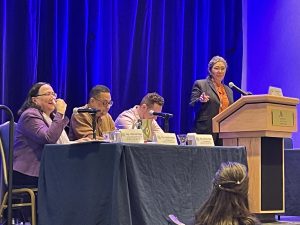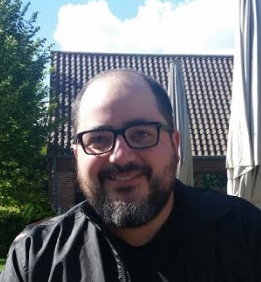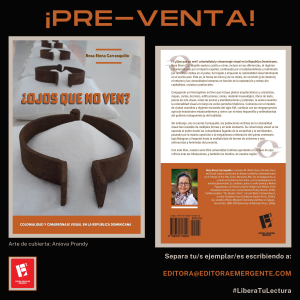Contributed by Charles R. Venator-Santiago

On January 20, 2024, we celebrated Connecticut’s first Latino and Puerto Rican Policy Summit. Our goal is to establish a comprehensive non-partisan agenda for the Latino community in Connecticut. The event was titled Building a Better Future: The Latino and Puerto Rican Policy Agenda Summit and was held at the Marriot Downtown Hotel. The goals of the agenda included:
- To provide essential information to policymakers, encourage civic participation, and address critical gaps in data analysis for our community.
- The summit serves as a platform to inform and enhance leadership within the Latino community, empowering community leaders, elected officials, and advocates.
- Beyond agenda-setting, the event provides a unique space for networking, fostering connections and collaborations within and beyond the Latino community.
- Provide essential information to policymakers, ensuring that the needs and concerns of Latinos in Connecticut are given due consideration.
- Promote active civic participation by disseminating accurate and accessible information on current socio-political issues, encouraging proactive engagement and informed decision-making within the Latino community.
- Consolidate the themes and priorities expressed during the preceding community dialogues into a comprehensive report for further discussion and distribution.
- Facilitate networking opportunities by creating a platform for attendees to connect, collaborate, and build meaningful relationships within and beyond the Latino community.
- Unveil innovative data tools that will address critical gaps in data analysis for the Latino community. These tools will empower our community and lawmakers with comprehensive, up-to-date information for informed decision-making and advocacy.
For more information, please visit the webpage dedicated to this event: https://puerto-rican-studies-initiative.clas.uconn.edu/latino-puerto-rican-policy-agenda-summit/

